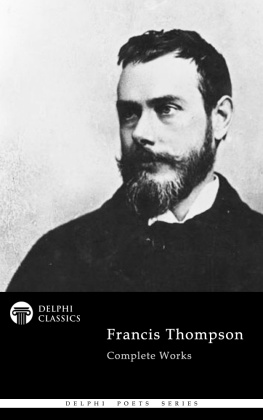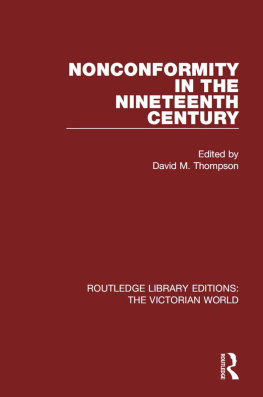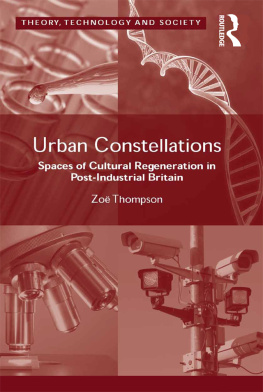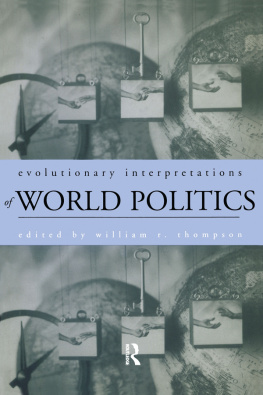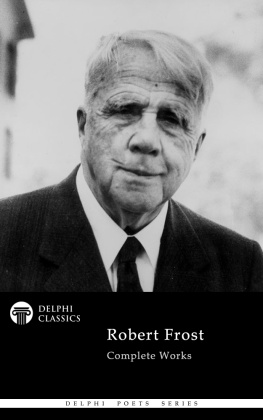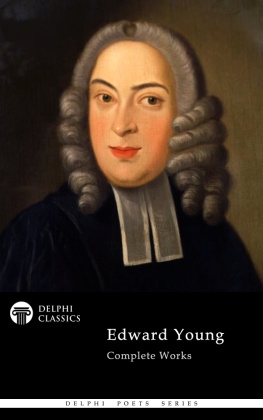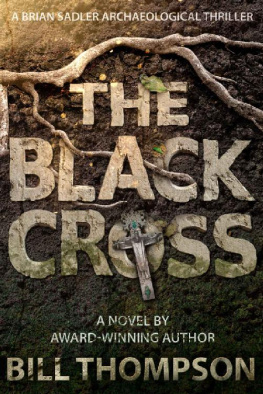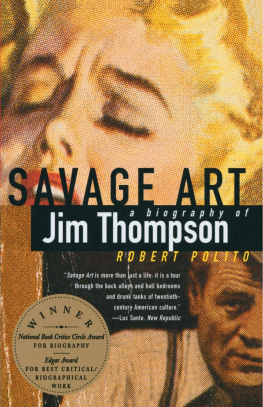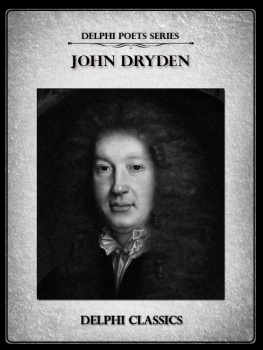

Francis Thompson
(1859-1907)

Contents

Delphi Classics 2021
Version 1









Browse the entire series


Francis Thompson

By Delphi Classics, 2021
COPYRIGHT
Francis Thompson - Delphi Poets Series
First published in the United Kingdom in 2021 by Delphi Classics.
Delphi Classics, 2021.
All rights reserved. No part of this publication may be reproduced, stored in a retrieval system, or transmitted, in any form or by any means, without the prior permission in writing of the publisher, nor be otherwise circulated in any form other than that in which it is published.
ISBN: 978 1 91348 752 2
Delphi Classics
is an imprint of
Delphi Publishing Ltd
Hastings, East Sussex
United Kingdom
Contact: sales@delphiclassics.com

www.delphiclassics.com
NOTE

When reading poetry on an eReader, it is advisable to use a small font size and landscape mode, which will allow the lines of poetry to display correctly.
The Life and Poetry of Francis Thompson

Late Victorian photograph of Preston, a city in Lancashire, England Francis Thompsons birthplace

Preston in recent times

The birthplace, Winckley Street, Preston

Memorial plaque to Thompson at his birthplace
Brief Introduction: Francis Thompson by Carroll B. Chilton

From Catholic Encyclopaedia, Volume 14
FRANCIS THOMPSON
Poet, b. at Preston, Lancashire, 18 Dec., 1859; d. in London, 13 Nov., 1907. He came from the middle classes, the classes great in imaginative poetry. His father was a provincial doctor; two paternal uncles dabbled in literature; he himself referred his heredity chiefly to his mother, who died in his boyhood. His parents being Catholics, he was educated at Ushaw, the college that had in former years Lingard, Waterton, and Wiseman as pupils. There he was noticeable for love of literature and neglect of games, though as spectator he always cared for cricket, and in later years remembered the players of his day with something like personal love. After seven years he went to Owens College to study medicine. He hated this proposed profession more than he would confess to his father; he evaded rather than rebelled, and finally disappeared. No blame, or attribution of hardships or neglect should attach to his fathers memory; every careful father knows his own anxieties. Francis Thompson went to London, and there endured three years of destitution that left him in a state of incipient disease. He was employed as bookselling agent, and at a shoemakers, but very briefly, and became a wanderer in London streets, earning a few pence by selling matches and calling cabs, often famished, often cold, receiving occasional alms; on one great day finding a sovereign on the footway, he was requested to come no more to a public library because he was too ragged. He was nevertheless able to compose a little Dream-Tryst, written in memory of a child, and Paganism Old and New, with a few other pieces of verse and prose.
Having seen some numbers of a new Catholic magazine, Merry England, he sent these poems to the editor, Mr. Wilfrid Meynell, in 1888, giving his address at a post-office. The manuscripts were pigeonholed for a short time, but when Mr. Meynell read them he lost no time in writing to the sender a welcoming letter which was returned from the post-office. The only way then to reach him was to publish the essay and the poem, so that the author might see them and disclose himself. He did see them, and wrote to the editor giving his address at a chemists shop. Thither Mr. Meynell went, and was told that the poet owed a certain sum for opium, and was to be found hard by, selling matches. Having settled matters between the druggist and his client, Mr. Meynell wrote a pressing invitation to Thompson to call upon him. That day was the last of the poets destitution. He was never again friendless or without food, clothing, shelter, or fire. The first step was to restore him to better health and to overcome the opium habit. A doctors care, and some months at Storrington, Sussex, where he lived as a boarder at the Premonstratensian monastery, gave him a new hold upon life. It was there, entirely free temporarily from opium, that he began in earnest to write poetry. Daisy and the magnificent Ode to the Setting Sun were the first fruits. Mr. Meynell, finding him in better health but suffering from the loneliness of his life, brought him to London and established him near himself. Thenceforward with some changes to country air, he was either an inmate or a constant visitor until his death nineteen years later.
Next page
